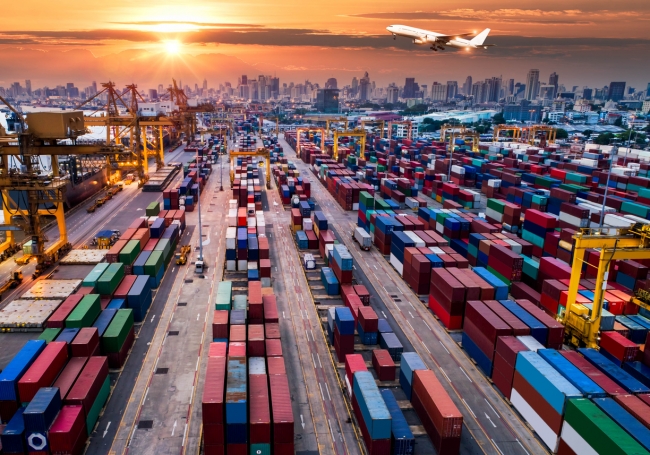3 minute read • published in partnership with BDO
Manufacturers unprepared for the new EU carbon border tax warns BDO
Many manufacturers are unprepared for the impact of the EU’s Carbon Border Adjustment Mechanism (CBAM) and run the risk of penalties or delays to their supply chain if they are not compliant, accountancy and business advisory firm BDO has warned.
The reporting obligations of the new Carbon Border Adjustment Mechanism, which come into force from October 2023, require affected EU importers to submit quarterly declarations to their customs authorities on the carbon emissions associated with certain incoming goods. UK businesses selling in the EU will be affected, even if they are only exporting to EU customers.
Initially, CBAM will only apply to imports into the EU of certain types of aluminium, cement, electricity, fertiliser, hydrogen and iron/steel – in addition some processed goods such as fasteners (eg nuts and bolts) will have to be reported.

BDO has warned many manufacturers are unprepared for the impact of the EU’s Carbon Border Adjustment Mechanism / Picture: Getty/iStock
UK businesses supplying these goods to an EU importer (or importing into the EU themselves through subsidiaries) will need to collate and report this CBAM data or provide it to their customers. Failure to do so could leave UK businesses ultimately being unable to export affected goods to the EU and result in penalties for the EU importer – the first reporting deadline falls on 31 January 2024.
The CBAM is designed to clamp down on ‘carbon leakage’ by applying a charge on the import of certain goods where those goods have been manufactured in locations outside the EU where environmental regulations may be laxer.
The CBAM works by applying a charge on certain imports that equalises the cost levied on carbon emissions embedded in these goods relative to the domestic EU cost of producing them. The theory is that if the gross prices for imported goods are the same as those manufactured in the EU, the incentive for carbon leakage is removed.
Matthew Clark, international trade partner at BDO, said: “Many UK manufacturers have not paid sufficient attention to these new rules and could find themselves on a steep learning curve when it comes to collecting and reporting the required data. If they don’t start collating data now, it will be a scramble for them or their customers to meet the first reporting deadline on 31 January. Importers may run the risk of significant penalties if they fail to report and may find their supply chains disrupted if goods aren’t cleared through customs.
“UK manufacturers will also need to carefully consider the impact of incorporating ‘cheaper’ carbon intensive raw materials into their manufactured products, and what impact this will have on the competitiveness of goods then being exported into the EU. The introduction of the reporting requirement is just the first step. Phase 2 will see the payment obligations come into force. This is currently anticipated in January 2026. The UK Government is also considering introducing its own carbon border tax, so businesses importing goods to sell in the UK will also need to keep a close eye on developments.”
